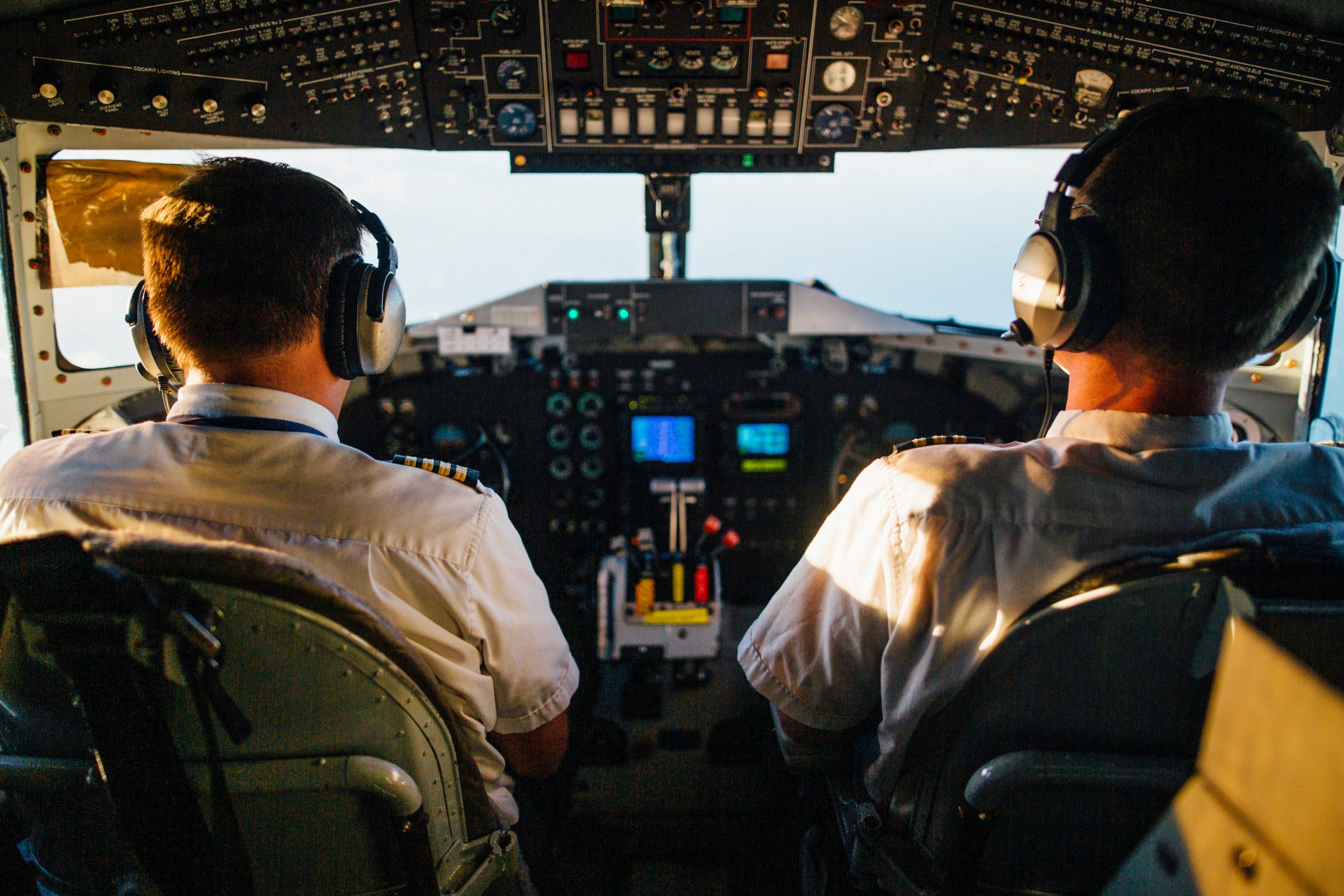A spokesperson from the flag carrier told Doha News that it is working to put “the most rigorous fatigue risk management programme in place.”
Some pilots at Qatar Airways have complained of long working hours and exhaustion due to staff shortages according to a recent report by Reuters. The pilots say that airline management have also dismissed complaints of fatigue, raising concerns over what the pilots have described as their deteriorating mental and physical wellbeing.
“This is obviously a huge health and safety issue for the pilots themselves – and the people they’re flying,” Isobel Archer of the Business and Human Rights Resource Centre told the news agency.
The concerns came following staff-reductions triggered by the outbreak of the coronavirus pandemic in 2020, which heavily impacted the aviation industry globally.
With many aircrafts grounded due to worldwide travel restrictions at the time, Qatar Airways managed to maintain a significant amount of its operation while reducing its staff by 15%-20%. A further 27% cut was made in 2021.
As a result, pilots have reportedly been subjected to longer working hours.
“I fell asleep during the descent with 400 passengers on board,” said ‘Erik’ to Reuters, a pseudonym for someone who works at Qatar Airways.
Airbus revokes Qatar Airways contract for 50 A321neo jets amid escalating rift
“You can’t do anything. Your body is just screaming for rest. You feel the pain inside of your chest and you’re unable to keep your eyes open,” he added.
‘Erik’ said that his manager also refused to give him and six other flight crew members proper time to rest. Whilst staff can file out a fatigue report, ‘Erik’ abstained from doing so in fear of possible retribution.
“We’re overworked and fatigued – but I never filled out a fatigue report because I don’t want to be in the spotlight,” said Erik.
Another first officer claimed he had filed eight fatigue reports, which were rejected as only one approved request enabled him to get 24 hours of rest in Doha after being scheduled on a 23-hour turnaround flight to east Asia.
A spokesperson for Qatar Airways told Doha News on Sunday that the airline company places “significant importance on the health and wellbeing” of its entire workforce especially those in the flight crew community.
“We have ongoing and productive engagement with our employees to ensure that the rest time and rostering needs of our Flight Crew team are strictly balanced with the airline’s operational requirements, especially given the unique challenges facing the global commercial aviation sector,” said the spokesperson.
Citing a copy of the airline’s operations manual, Reuters said that flight crew members would be considered “inactive” during long-haul flights despite being on standby or backup, with the guidelines stating that “in-flight rest does not count as flight time”.
However, the Qatar Airways official also noted that the company recently enhanced its terms and conditions “for hours worked during block hours and for positioning flights” and that it is working on having “the most rigorous fatigue risk management programme in place”.
“Our Flight Crew team are also fully supported with a range of mental health and wellbeing support services and processes throughout the course of their employment with the airline, and we are also pleased to have welcomed a considerable number of former Flight Crew back to Qatar Airways as we ramp up recruitment,” explained the spokesperson.
The official further stressed that Qatar Airways complies with the Flight Time Limitation Scheme approved by the Qatar Civil Aviation Authority (QCAA).
A 2020 fatigue survey by Qatar Airways’ Group Safety Office found that over 90% of its pilots had not filed a fatigue report during 2019, with some citing “concerns about redundancies” as less than half were “confident in submitting safety reports”.
An additional 60% of the pilots said their fatigue and stress levels was impacting their sleep.
On a regional level, a 2018 study on sleepiness, fatigue and depression amongst commercial pilots in the Gulf, found that more than two-thirds were “severely fatigued”.
Beyond the Gulf, fatigue is common for commercial airline pilots worldwide, due to which such companies operate Fatigue Risk Management (FRM) systems to protect their employees, according to a number of studies.
Follow Doha News on Twitter, Instagram, Facebook and Youtube







